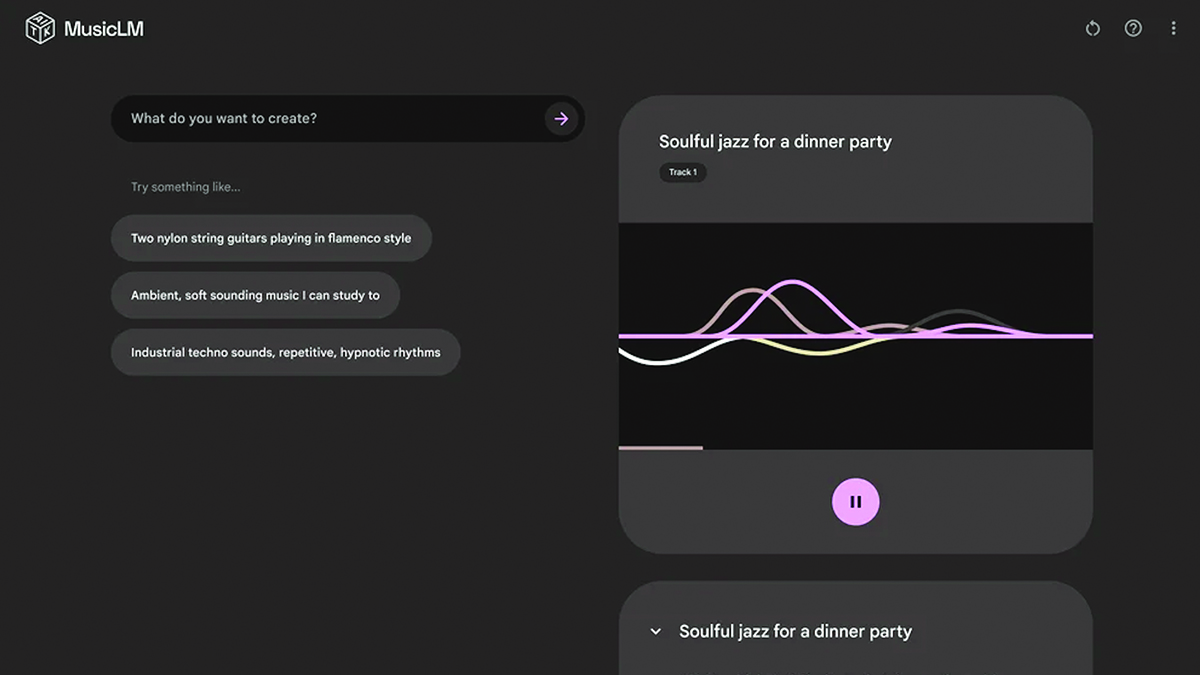
AI is growing increasingly prevalent in modern music-making, lending its cold, robotic hand to everything from songwriting to sound design to sample generation. Views are divided on whether it represents an existential threat to musicians or a wellspring of new creative possibilities, but if you ask us, it's probably a bit of both.
Whatever you make of AI, its popularity with music-makers continues to rise. Back in April, almost 60% of 1300 artists surveyed by distribution network Ditto admitted that they were using some form of AI-assisted technology in their productions. What that survey didn't tell us, however, is how ashamed of their new writing partner many of these musicians and producers actually were.
A new survey from global music studio network Pirate has revealed that over half (52%) of band members, singer-songwriters, producers, instrumentalists, and rappers surveyed wouldn't inform their listeners if they used AI in the making of a song, while even more of those surveyed (53%) admitted they were concerned about how their audience might perceive music made with the assistance of AI. The study involved over 1100 artists from the UK, US, and Germany, 25% of whom said they had experimented with AI in music production before.

These statistics speak volumes about the negative perception of AI within the creative industries, illuminating the conflict between the usefulness of AI-powered tools, the risks they pose as they continue to develop in sophistication, and the stigma surrounding their usage. Pirate CEO David Borrie compares this to the changing attitudes towards Auto-Tune, a tool which provoked its fair share of naysayers when it first entered the pop music sphere (and still does).
"It’s useful to look back at the introduction of tools like Auto-Tune which faced criticism in their early days, but eventually found their place in the music industry," Borrie says. "AI's journey toward becoming a standard tool in music creation may follow a similar path, as artists and audiences alike adapt to this innovation."
It's also worth making a distinction between the many different types of tools and platforms which make use of artificial intelligence, machine learning and neural networks -- it's all too easy to lump all of this tech together under one conveniently homogenous name, but these technologies are applied in a number of varied ways within modern music-making.
Using a plugin like iZotope's Neutron 4, for example, which uses AI to automatically assist with the mixing process, is fairly commonplace and not something many of us would be compelled to hide. On the other hand, generating an entire track using a platform such as Soundful or Stable Audio (music generators powered by AI) and releasing it completely unedited would likely be perceived by many as creatively lazy -- maybe not something to tell your listeners about.
Both of these methods fall under the AI umbrella, but the degree to which the tools involved replace elements of an 'authentic' creative process (whatever that really means) differs considerably. Among those survey respondents who remained uncertain about using AI in their music-making, a "loss of authenticity" was the most commonly cited reason.







